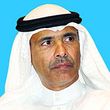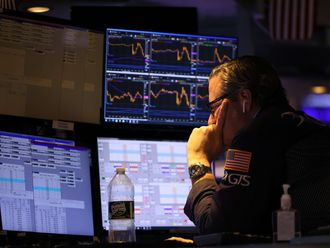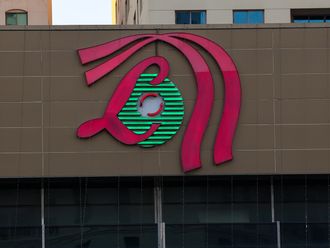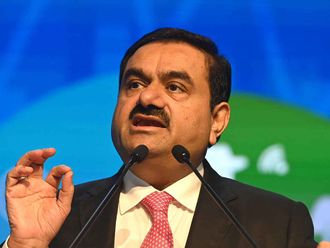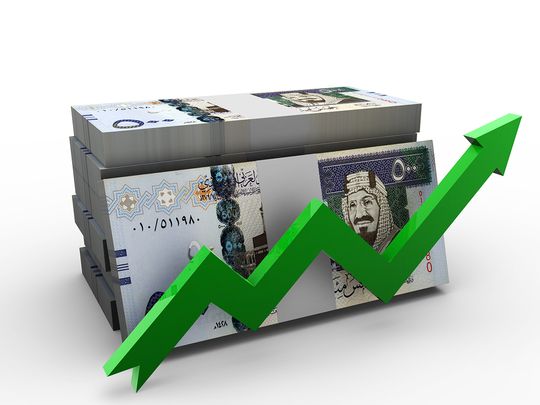
The investment strategies of the Gulf’s sovereign funds are undergoing significant changes, influenced by internal dynamics within their economies and external changes to the global investment landscape.
They are also influenced by evolving management beliefs of the funds themselves.
Five decades ago, Gulf economies faced a significant discrepancy between rapidly increasing oil revenues— the petrodollars—which multiplied more than five times and the limited capacity of local economies to absorb these substantial returns. This prompted the search for investment opportunities outside of the GCC.
Kuwait established the world’s first sovereign wealth fund, which achieved remarkable success and inspired similar initiatives by both developed and emerging economies, including Norway, Singapore, and China.
In the last 50 years, Gulf economies have diversified significantly. The region has seen the emergence of highly productive sectors, substantial development in the financial services, and a strong push into food and agricultural production as well as the industrial. Despite challenges such as limited water resources and a harsh climate, these developments have created substantial investment opportunities and reshaped the landscape of Gulf economies.
Over time, these sovereign funds have gained access to diverse investment opportunities and adapted strategies to raise growth rates and deepen economic diversification from an oil dependency. The GCC sovereign funds are now engaged in projects across sectors, including renewable energy, finance, real estate, high-tech, and even cultural, social, and sporting endeavors. These investments are contributing significantly to the overall progress of GCC countries.
Externally, the guarantees for foreign investments in key recipient countries have diminished, with an increase in instances of freezing and confiscation for non-economic reasons, alongside periodic financial crises impacting such investments. This has prompted a reassessment of global investment practices, particularly for GCC states, which hold substantial wealth and have three of the world's six biggest sovereign funds.
A steady re-balancing of allocations
Strategic necessity dictated a rebalancing of investment ratios by public and private sectors in the Gulf, especially their sovereign funds. Their managements quickly reconfigured strategies whereby they increases domestic allocations, spurring numerous projects that added to the growth rates, diversified the economies, and created hundreds of thousands of jobs, thereby reducing unemployment rates.
While the approach of individual GCC sovereign wealth funds vary, there is a shared regional shift towards boosting domestic investments, acknowledging their substantial developmental benefits as preparations for a post-oil future. This shift also addresses an important aspect concerning investment guarantees.
The GCC countries are recognised globally for effectively decoupling investment guarantees from policy decisions that might otherwise encircle these investments and instill investor apprehension.
Here, we need to address a crucial aspect. Foreign investments are vital, both in the West and the East, particularly within major economies. But the key point is determining the right balance between local and foreign investment components.
In overseas markets, highly viable investment opportunities exist, especially in high-tech and innovation focused businesses, and those in AI. The likes of the US and China have made significant advancements in these areas, offering valuable opportunities that can be leveraged.
Indeed, GCC countries and their sovereign funds are adopting a sound investment strategy that redistributes their assets to align with their policy goals and development aspirations, thus strengthening their economic future and ensuring developmental and social stability.
Mohammed Al Asoomi
The writer is a specialist in energy and Gulf economic affairs.


